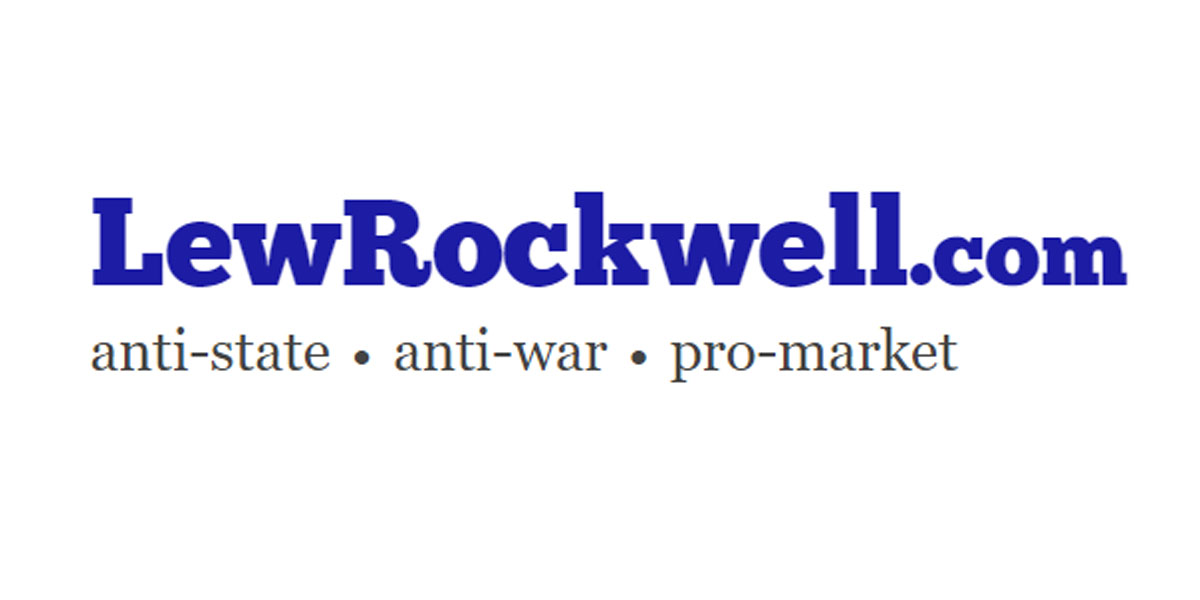Re: To Vote or Not to Vote
OBAMA REAFFIRMS PLEDGE TO RECOGNIZE ARMENIAN GENOCIDE
ANCA Welcomes latest Obama-Biden Statement Calling for Strong U.S.-Armenia Relationship
WASHINGTON, DC – With just days left to the crucial November 4th presidential elections, the Obama-Biden campaign reaffirmed its commitment to Armenian Genocide recognition and a strong U.S.-Armenia relationship, reported the Armenian National Committee of America (ANCA).
A statement titled “Barack Obama: Supporting U.S.-Armenia Relations,” relayed to Armenians for Obama Chairman Areen Ibranossian earlier today as well as the ANCA, affirms that “The Armenian Genocide, carried out by the Ottoman Empire from 1915 to 1923, resulted in the deportation of nearly 2 million Armenians, and approximately 1.5 million of those deported were killed. Barack Obama believes we must recognize this tragic reality and strongly supports a U.S.-Armenian relationship that advances our common security and strengthens Armenian democracy.” The statement goes on to note “Barack Obama strongly supports passage of the Armenian Genocide Resolution (H.Res.106 and S.Res.106) and will recognize the Armenian Genocide.”
“The ANCA welcomes further reaffirmation of Barack Obama’s strong commitment to issues of concern to the Armenian American community, including proper recognition of the Armenian Genocide and fostering a strong U.S.-Armenia relationship,” stated ANCA Executive Director Aram Hamparian. “ANCA chapters and activists across the U.S. will continue, in these last days, to work hard for the Obama-Biden ticket and the candidacies of the large number of Senators and Representatives who have supported Armenian American concerns.”
The Obama-Biden statement comes amid a flurry of reports in the Turkish press regarding a meeting that supposedly took place over the last several days between a senior Turkish official, Ahmet Davutoğlu, and a representative of the Obama-Biden Campaign, after which Davutoglu called into question Obama’s commitment to this core human rights issue.
Last week, the ANCA formalized its longstanding support for Barack Obama with an official endorsement of the Obama-Biden campaign for the Presidency of the United States. The ANCA had first endorsed Sen. Obama in January, 2008, leading up to the critical super-Tuesday primary elections.
Click here to read the ANCA endorsement of the Obama-Biden ticket and review all supporting documents of his candidacy.
As always, the ANCA welcomes feedback on its service to the Armenian American community. Please forward your thoughts and suggestions about the 2008 Presidential election by email to [email protected].
The complete text of the latest Obama-Biden campaign statement is provided below.
OBAMA REAFFIRMS PLEDGE TO RECOGNIZE ARMENIAN GENOCIDE
ANCA Welcomes latest Obama-Biden Statement Calling for Strong U.S.-Armenia Relationship
WASHINGTON, DC – With just days left to the crucial November 4th presidential elections, the Obama-Biden campaign reaffirmed its commitment to Armenian Genocide recognition and a strong U.S.-Armenia relationship, reported the Armenian National Committee of America (ANCA).
A statement titled “Barack Obama: Supporting U.S.-Armenia Relations,” relayed to Armenians for Obama Chairman Areen Ibranossian earlier today as well as the ANCA, affirms that “The Armenian Genocide, carried out by the Ottoman Empire from 1915 to 1923, resulted in the deportation of nearly 2 million Armenians, and approximately 1.5 million of those deported were killed. Barack Obama believes we must recognize this tragic reality and strongly supports a U.S.-Armenian relationship that advances our common security and strengthens Armenian democracy.” The statement goes on to note “Barack Obama strongly supports passage of the Armenian Genocide Resolution (H.Res.106 and S.Res.106) and will recognize the Armenian Genocide.”
“The ANCA welcomes further reaffirmation of Barack Obama’s strong commitment to issues of concern to the Armenian American community, including proper recognition of the Armenian Genocide and fostering a strong U.S.-Armenia relationship,” stated ANCA Executive Director Aram Hamparian. “ANCA chapters and activists across the U.S. will continue, in these last days, to work hard for the Obama-Biden ticket and the candidacies of the large number of Senators and Representatives who have supported Armenian American concerns.”
The Obama-Biden statement comes amid a flurry of reports in the Turkish press regarding a meeting that supposedly took place over the last several days between a senior Turkish official, Ahmet Davutoğlu, and a representative of the Obama-Biden Campaign, after which Davutoglu called into question Obama’s commitment to this core human rights issue.
Last week, the ANCA formalized its longstanding support for Barack Obama with an official endorsement of the Obama-Biden campaign for the Presidency of the United States. The ANCA had first endorsed Sen. Obama in January, 2008, leading up to the critical super-Tuesday primary elections.
Click here to read the ANCA endorsement of the Obama-Biden ticket and review all supporting documents of his candidacy.
As always, the ANCA welcomes feedback on its service to the Armenian American community. Please forward your thoughts and suggestions about the 2008 Presidential election by email to [email protected].
The complete text of the latest Obama-Biden campaign statement is provided below.










Comment